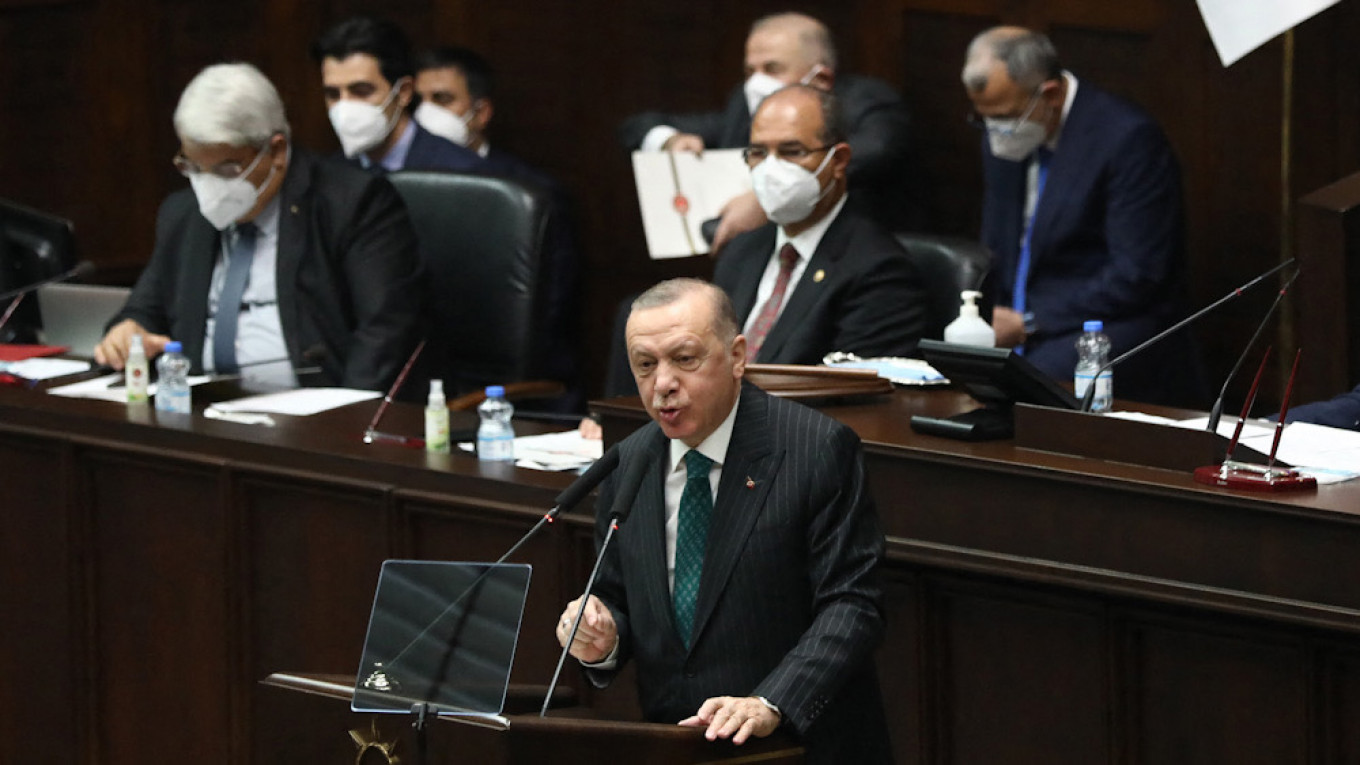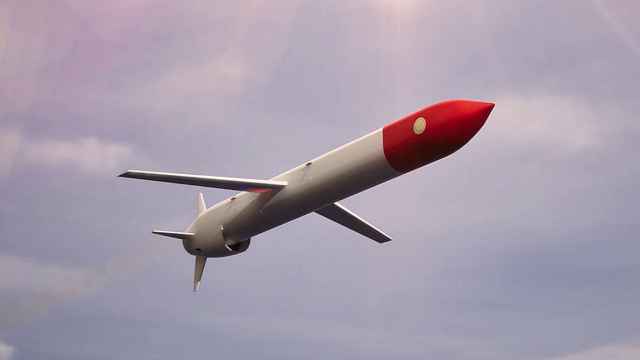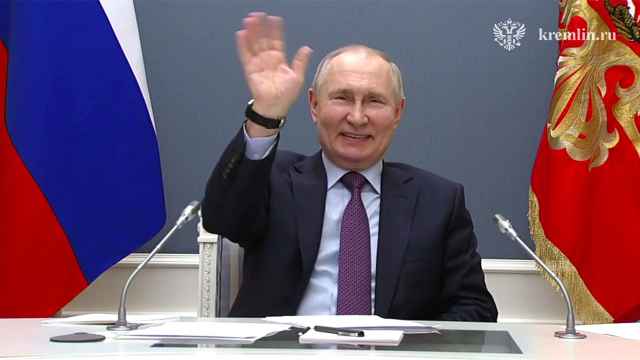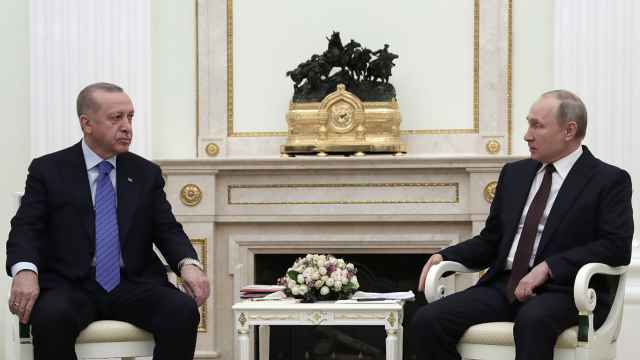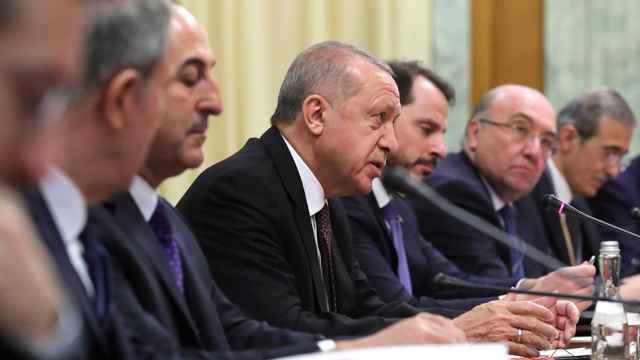Russian President Vladimir Putin and Turkey's Recep Tayyip Erdogan vowed Wednesday to improve cooperation as they launched the construction of a new reactor at Turkey's first nuclear power plant.
The two leaders each pressed a button on their office desks in Moscow and Ankara in a video link ceremony unveiling the third phase of Akkuyu station's construction project.
Russia's Rosatom state nuclear energy firm began building the first of four planned reactors on Turkey's south coast in 2018.
Erdogan hopes to put the plant online by the time Turkey celebrates its centenary as a post-Ottoman republic in 2023.
Putin said he expected the project to "improve the Russian-Turkish partnership in all its facets, helping strengthen friendship and mutual understanding between our countries' peoples."
Erdogan echoed similar thoughts.
"The close dialogue that we established with my esteemed friend (Putin) is playing a key role not only in bilateral relations but also in preserving regional peace and stability," Erdogan said.
Putin and Erdogan have enjoyed a complex relationship while leading their countries for most of the past 20 years.
They found themselves on opposite sides of the war in Syria but are now working closely together on a peace plan that could bring an end to a decade of strife.
Their ties plunged to a nadir when Turkish forces shot down a Russian warplane near the Syrian border in November 2015.
But they recovered quickly and Putin attended the launch of the Akkuyu plant's construction in April 2018.
Russian news reports estimate the cost of the entire project at around $20 billion (17 billion euros).
Turkey is heavily reliant on oil and natural gas imports — including from Russia.
Erdogan said he expected the plant to supply 10% of Turkey's electricity needs when completed.
A Message from The Moscow Times:
Dear readers,
We are facing unprecedented challenges. Russia's Prosecutor General's Office has designated The Moscow Times as an "undesirable" organization, criminalizing our work and putting our staff at risk of prosecution. This follows our earlier unjust labeling as a "foreign agent."
These actions are direct attempts to silence independent journalism in Russia. The authorities claim our work "discredits the decisions of the Russian leadership." We see things differently: we strive to provide accurate, unbiased reporting on Russia.
We, the journalists of The Moscow Times, refuse to be silenced. But to continue our work, we need your help.
Your support, no matter how small, makes a world of difference. If you can, please support us monthly starting from just $2. It's quick to set up, and every contribution makes a significant impact.
By supporting The Moscow Times, you're defending open, independent journalism in the face of repression. Thank you for standing with us.
Remind me later.


